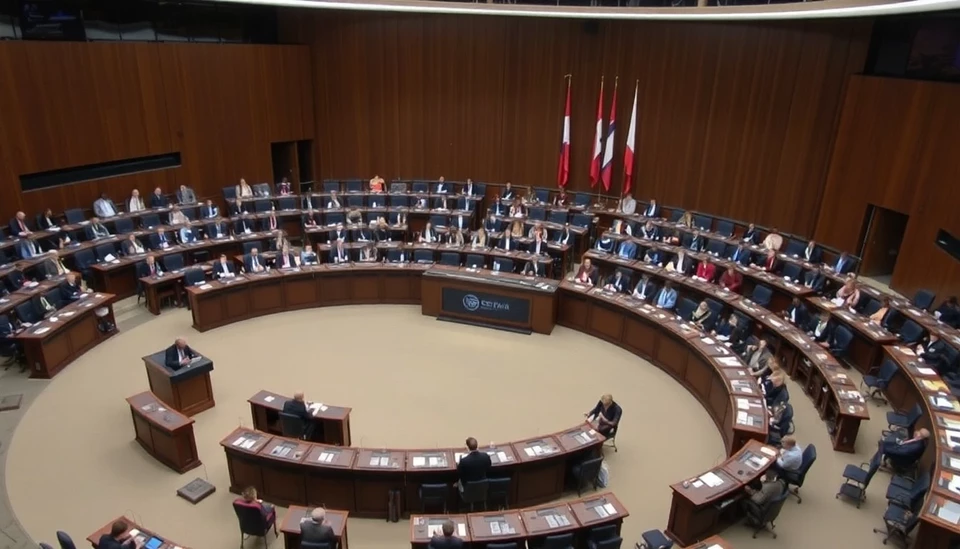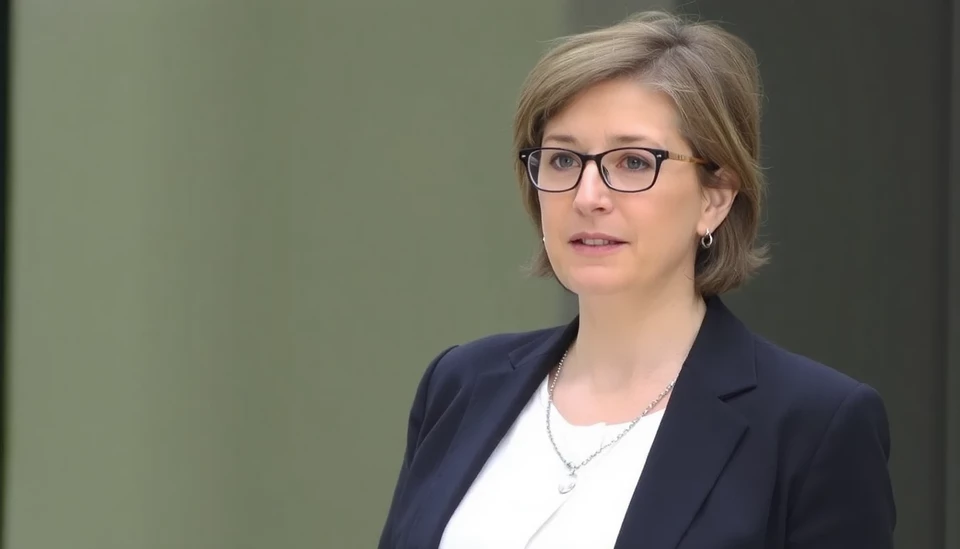
In a decisive move that underscores the commitment of Czech lawmakers to fiscal responsibility, the Parliament recently approved a series of stringent budget austerity measures. This decision comes against the backdrop of an approaching election year, where every financial decision is likely to have significant political ramifications. The vote, which witnessed considerable debate, reflects the government's strategy to tackle rising public debt and deficits that have emerged in recent years.
The austerity measures are designed to streamline government spending, with a particular focus on reducing allocations across various sectors including healthcare, education, and social services. Lawmakers justified the cuts by pointing to the necessity of ensuring the country's financial stability and preparing for potential economic challenges that may arise in the near future. The government, led by Prime Minister Petr Fiala, is adamant that these measures are essential for setting a path towards sustainable fiscal health.
Opposition parties have voiced strong objections to the proposed cuts, arguing that the measures disproportionately burden the most vulnerable segments of society. Critics warn that slashing funding for essential services and welfare programs could exacerbate poverty and inequality, particularly in a year where many citizens are already feeling the financial strain due to rising living costs. These concerns raise important questions about the balance between fiscal prudence and the social responsibility of the government to care for its constituents.
As lawmakers prepare for the elections scheduled for early next year, the economic policies enacted now could significantly influence voting behavior. The ruling coalition hopes that by demonstrating a strong resolve towards addressing fiscal issues, they will gain public support. However, the opposition is gearing up to capitalize on any dissatisfaction stemming from the austerity measures, potentially framing them as an attack on the welfare of Czech citizens.
This situation illustrates the challenging landscape in which policymakers must navigate as they strive to balance economic stability with social equity. As public sentiment continues to evolve in reaction to these budget cuts, all eyes will be on the upcoming election to see how these austerity measures have influenced the political landscape in the Czech Republic.
In conclusion, the Parliament's approval of these austerity measures marks a significant turning point for the Czech Republic as it heads into the election year. The long-term impacts of these budget cuts will be closely observed, and their implications on the economy, as well as social welfare, will likely be at the forefront of political discussions in the coming months.
As the nation braces for a potentially contentious electoral season, many Czech citizens remain apprehensive about the future and what these fiscal policies will mean for their daily lives.
#CzechRepublic #BudgetCuts #AusterityMeasures #Election2024 #FiscalPolicy
Author: Daniel Foster




